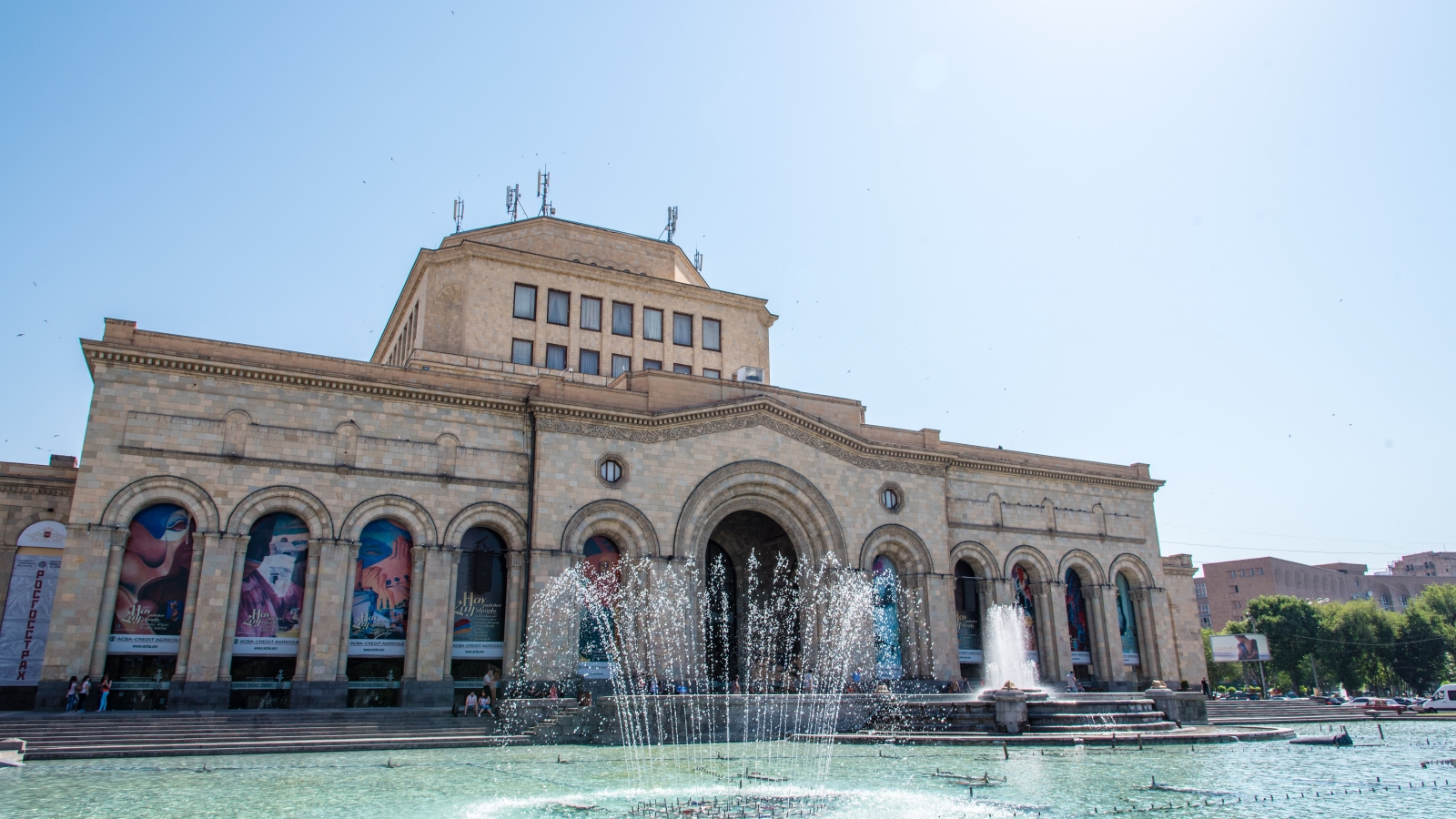The Municipal Project Support Facility (MPSF) under the EU4Energy Initiative provides local authorities in the Eastern Partnership countries with the means to deliver energy-related projects. These are designed to improve citizens’ lives and achieve sustainable environmental benefits. A key strength is that local stakeholders are involved throughout the process.
Launched in 2014 with an initial EU contribution of €12 million, the facility supports numerous public projects to reduce energy consumption and increase efficiencies. The geographical coverage is broad and supports project development activities in Armenia, Azerbaijan, Belarus, Georgia, Moldova and Ukraine. “The MPSF is there to assist municipalities that might not have the means, resources or skills required to prepare and implement important energy efficiency projects,” says Grigorios Krallis from the energy department of the European Investment Bank (EIB) which manages the project. “These could be energy audits in public buildings, or major transport projects. All these projects should have clear climate action benefits in terms of energy savings or CO2 reductions.”
In addressing energy needs at the regional level, the MPSF supports broader regional reform. “Many public service responsibilities were transferred to municipalities following the collapse of Communism,” explains Krallis. “However, the funding required has not always been available. The Facility is there to speed up reforms and upgrade urban infrastructure such as district heating and urban transport and to exploit renewable energy sources.”
Implementing sustainable benefits
In the Moldovan capital of Chisinau, technical assistance amounting to €235,500 will help to increase energy efficiency standards by supporting the installation of thermal insulation, new lighting and solar water heating in about 120 public buildings. In Armenia, MPSF is helping to reconstruct about 190 public buildings, mainly kindergartens through a technical assistance grant of €220,000 that supports energy audits, increases the capacity of the Yerevan Municipality, and prepares feasibility studies.
“MPSF funding enabled Yerevan to receive, for the first time, a non-sovereign loan,” explains Nora Martirosyan, a Project Director at Yerevan Municipality. “The projects that are currently underway are aimed at the well-being of residents and lowering the energy consumption of public buildings. We are very interested in expanding our collaboration through MPSF funding into other spheres such as public transport.”
The feedback that received so far on assignments in Chisinau and Yerevan has been very positive. “Overall, we can see that once the technical assistance support is launched the Facility really delivers,” says Krallis. “The long-term objective is that municipalities in the region have the capacities and skills to prepare and implement projects into the future, because they now have a sustainable team of experts in place.”
Expert assistance in Ukraine
In Ukraine, technical assistance funded through the MPSF is indispensable to addressing the country’s large investment needs. The Facility supports urban public transport projects in several medium-sized and large cities across the country to the tune of €3.5 million. With this support, municipalities will have the capacity to purchase trolleybuses, trams, metro coaches and buses, as well as rehabilitate existing transport infrastructure. Another large municipal programme covers investments in various sectors including energy efficiency, water supply, wastewater and solid waste management.
Strengthening regional capacity is another important objective of the Facility. “In the past, technical assistance projects have sometimes meant sending in a consultant who then leaves once the project is completed,” says Krallis. “This is not what the MPSF is about. We make sure that municipalities are involved throughout the project, which means on the job training and constant interaction between experts and local authorities. We think that this approach offers clear benefits as municipalities have a say in the way that projects are structured and run.”
A comprehensive process
The Facility supports local authorities that have signed up to the Covenant of Mayors (CoM) in the six Eastern Partnership countries: Armenia, Azerbaijan, Belarus, Georgia, Republic of Moldova and Ukraine. CoM authorities have voluntarily committed to reducing their CO2 emission by 20% by 2020, while new signatories now pledge to reduce CO2 emissions by at least 40 % by 2030.
Projects are selected from sectors including energy efficiency of buildings, urban transport, district heating, renewables, waste management and water/sanitation. The financial viability of projects is ensured – in the medium and long term – through energy savings realised thanks to the efficiency measures put in place. This in turn has an impact on the quality of life of citizens, who benefit from safe and comfortable public buildings and a reduction in air pollution. “Environmental protection and more general sustainability is at the core of MPSF,” says Krallis. “The projects supported by technical assistance aim to reduce greenhouse gas emissions and reduce dependence on energy imports through improved energy efficiency.”
























































